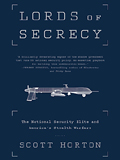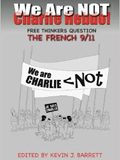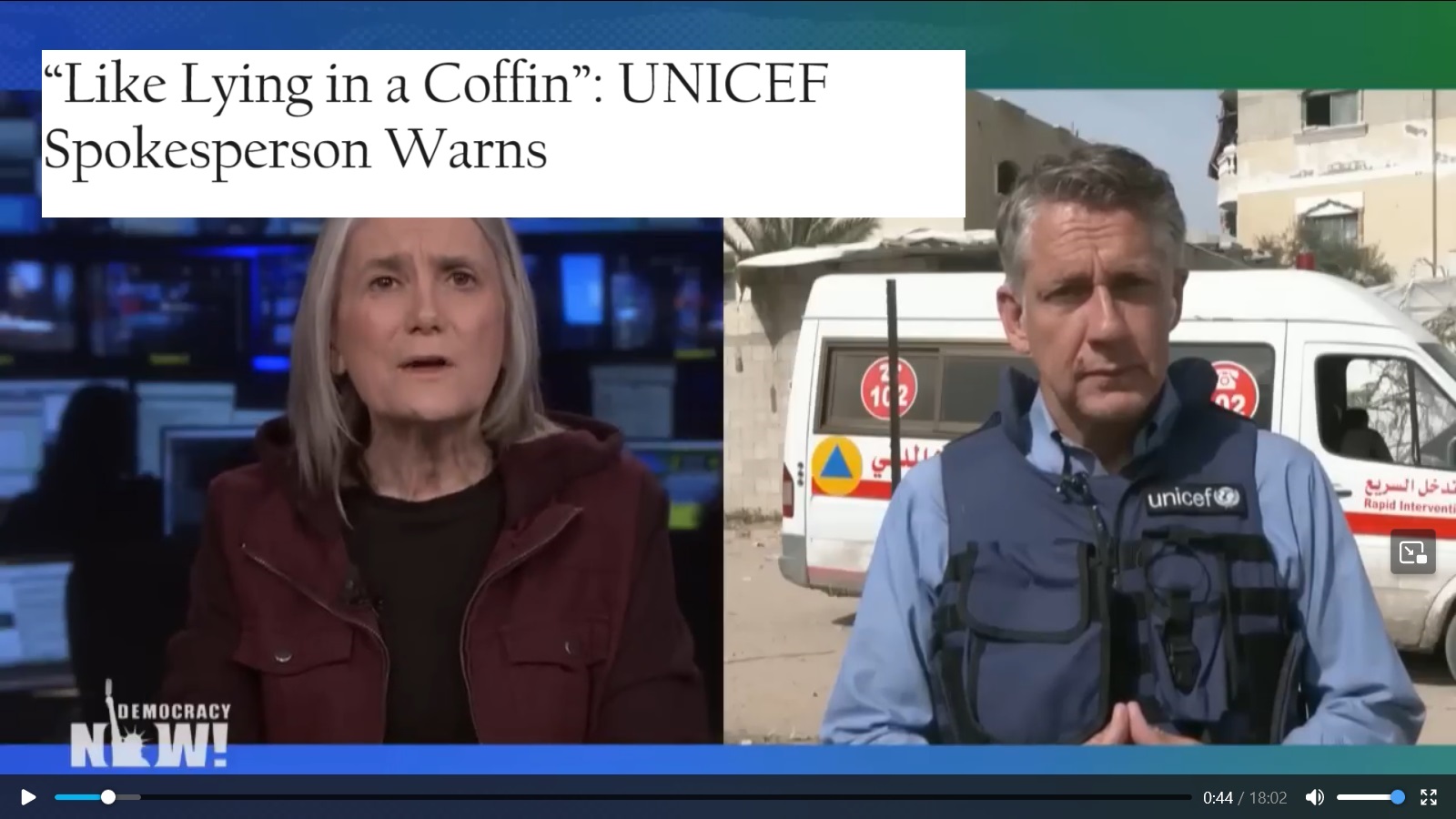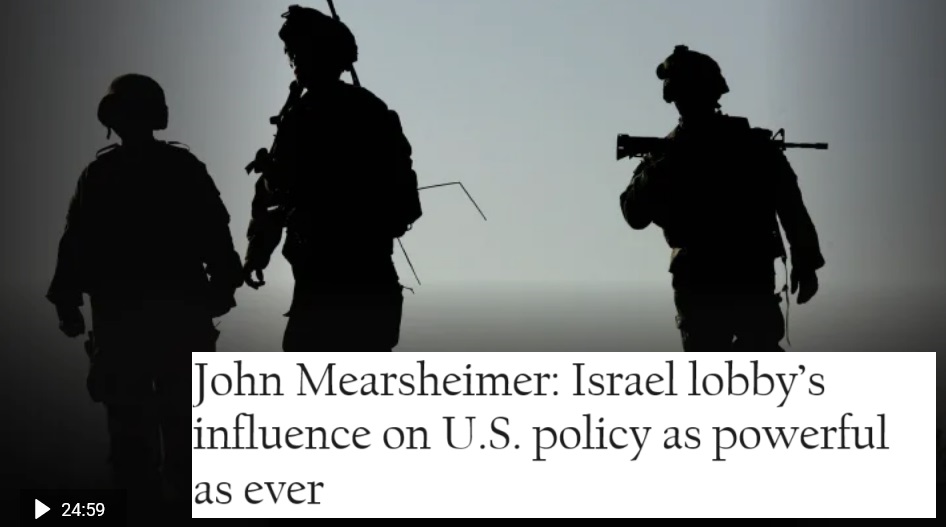Military Tells Bush of Troop Strains
 Wednesday, March 26, 2008 at 05:34PM
Wednesday, March 26, 2008 at 05:34PM  Behind the Pentagon's closed doors, U.S. military leaders told President Bush Wednesday they are worried about the Iraq war's mounting strain on troops and their families. But they indicated they'd go along with a brief halt in pulling out troops this summer.
Behind the Pentagon's closed doors, U.S. military leaders told President Bush Wednesday they are worried about the Iraq war's mounting strain on troops and their families. But they indicated they'd go along with a brief halt in pulling out troops this summer.
The Joint Chiefs of Staff did say senior commanders in Iraq should make more frequent assessments of security conditions, an idea that appeared aimed at increasing pressure for more rapid troop reductions.
The chiefs' concern is that U.S. forces are being worn thin, compromising the Pentagon's ability to handle crises elsewhere in the world.
In the war zone itself, two more American soldiers were killed Wednesday in separate attacks in Baghdad, raising the U.S. death toll to at least 4,003, according to an Associated Press count. Volleys of rockets also slammed into Baghdad's Green Zone for the third day this week, and the U.S. Embassy said three Americans were seriously wounded. At least eight Iraqis were killed elsewhere in the capital by rounds that apparently fell short.
Wednesday's 90-minute Pentagon session, held in a secure conference room known as "the Tank," was arranged by Defense Secretary Robert Gates to provide Bush an additional set of military views as he prepares to decide how to proceed in Iraq once his troop buildup, which began in 2007, runs its course by July.
"Armed with all that, the president must now decide the way ahead in Iraq," said Pentagon press secretary Geoff Morrell. The discussion covered not only Iraq but Afghanistan, where violence has spiked, and broader military matters, said Morrell, who briefed reporters without giving details of the discussion. Some specifics were provided by defense officials, commenting on condition of anonymity in order to speak more freely.
The Joint Chiefs are particularly concerned about Afghanistan and an increasingly active Taliban insurgency.
The United States has about 31,000 troops in Afghanistan and 156,000 in Iraq.
U.S. forces in Iraq peaked at 20 brigades last year and are to be cut to 15 brigades, with a total of about 140,000 combat and support troops, by the end of July. A key question facing Bush is whether security conditions will have improved sufficiently by then to justify more reductions.
One of the leading advocates of Bush's troop buildup last year, military historian Frederick Kagan of the American Enterprise Institute, said in an interview Wednesday that security conditions in Iraq, while better, are not good enough to justify any commitment to troop reductions beyond July.
"The military reality is that it's virtually inconceivable that it will make sense to draw down below 15 brigades this year," Kagan said.
Gates has said he would like to see the total drop to 10 brigades by the end of this year, but that now looks unlikely.
Gen. David Petraeus, the top U.S. commander in Iraq, has proposed what is commonly called a "pause" to assess the impact of having withdrawn five combat brigades since December. He has argued that it would be reckless to shrink the American force so rapidly that the gains achieved over the past year are compromised or lost entirely.
Bush is expected to endorse Petraeus' approach. If, as expected, Petraeus is given until August or September to weigh the effects of the current round of reductions, then it is unlikely that the force would get much below 15 brigades by the time Bush leaves office in January.
Bush is unlikely to announce his decision until after Petraeus and the top U.S. diplomat in Baghdad, Ryan Crocker, return to Washington next month to report to Congress.
The Joint Chiefs, who do not command troops but are legally responsible for ensuring the fitness of the forces they provide to commanders, have grown increasingly concerned that the weight of five-plus years of war in Iraq could create severe, long-term problems, particularly for the Army and Marine Corps.
In their session with Bush, the chiefs laid out their concerns about the health of the U.S. force, several defense officials said. Bush was accompanied by his chief of staff, Joshua Bolten; his national security adviser, Stephen Hadley, and Vice President Dick Cheney.
"The conversations today with the Joint Chiefs were much broader than just Iraq," Hadley said later. "It was a step-back look of what are the challenges we face here in the next decade."
A senior administration official said the chiefs generally are in sync with Petraeus on slowing the pace of troop reductions.
Morrell said Bush is "constantly asking the Joint Chiefs about the health of the force, about retention rates, about family life, and so that was a large part of the conversation today."
The session was led by Navy Adm. Michael Mullen, chairman of the Joint Chiefs. He presented the consensus view of the chiefs of the Army, Navy, Air Force and Marine Corps on Iraq strategy.
Mullen and Gates have said repeatedly that in addition to reducing troop levels in Iraq, they want to shorten tour lengths for soldiers from 15 months to 12 months as soon as possible. A decision to do that is expected, perhaps shortly after Bush reaffirms that the number brigades in Iraq will be cut to 15 by July. The Army calculates that at that point it could drop tours to 12 months and still give units at least 12 months at home to recover, retrain and rearm before deploying again.
Morrell said a decision on shortening tour lengths would be made by Gates in consultation with Bush.
"We are not there yet," Morrell said.
Shortly after they Petraeus and Crocker reported to Congress last September Bush announced the decision to reduce the number of combat brigades from 20 to 15.
At the time, Petraeus said additional cuts would be made but that he needed to wait until this spring to recommend a timetable. Since September, violence in Iraq has ebbed and U.S. and Iraqi casualties have declined markedly, although violence has jumped in recent weeks.
The president is to give a speech Thursday in Ohio on the political and economic situation in Iraq.
___





































































































































Reader Comments